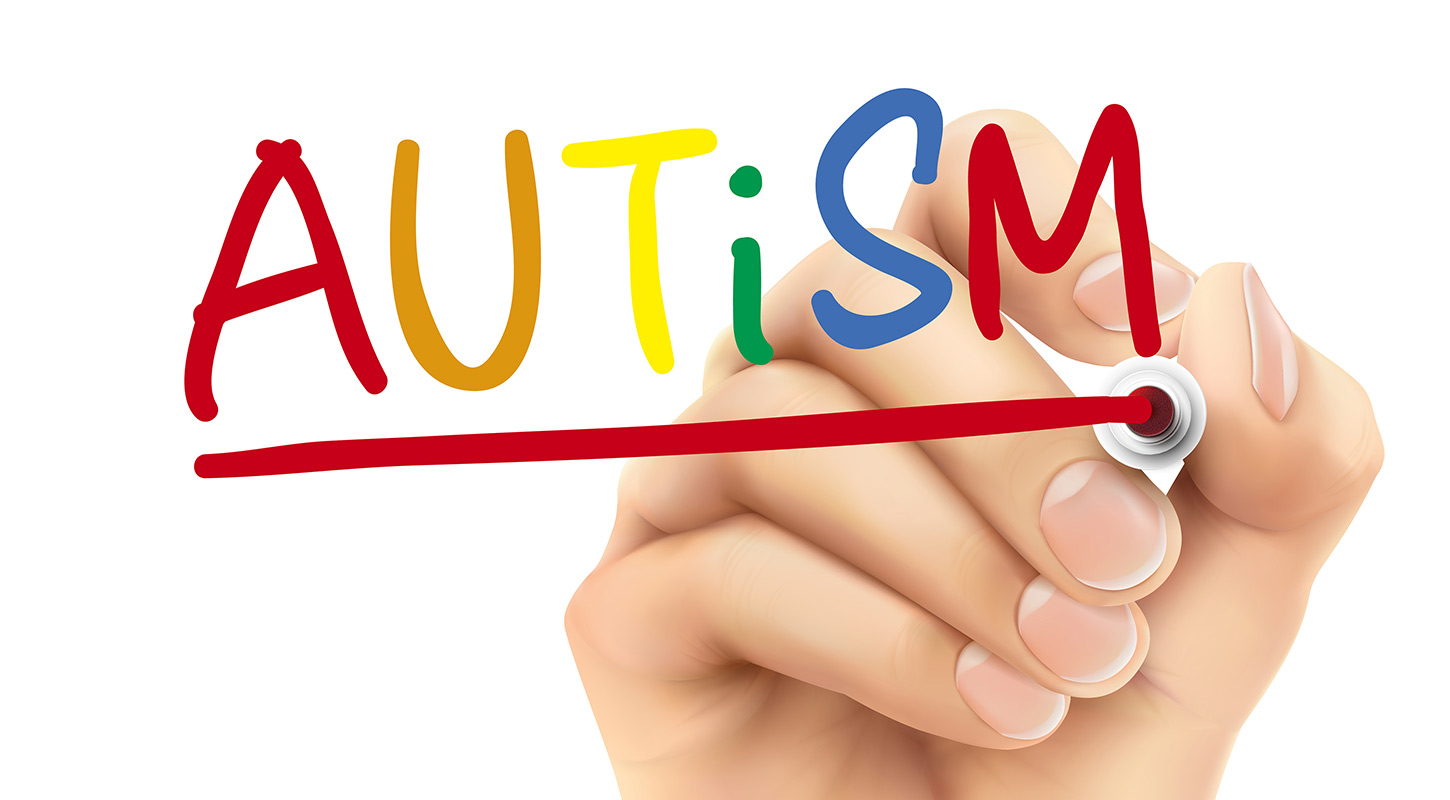The Scoop on Autism: What’s True and What’s Not

Many people are unsure of what autism actually is. Because April is Autism Awareness Month, it’s the perfect time to clarify this concept, since much of what people think they know is actually not true. We’re here to bust three of the biggest myths about autism.
Myth #1: Kids with autism won’t enjoy people or experience emotions.
One of the biggest misconceptions about autism is that anyone with this disorder is disconnected from all social settings. Many children who are diagnosed early have the desire to make friends but are unsure of how to use their social skills to do so. This can lead to children feeling lonely, awkward, or unsure of how to proceed, so it’s important to address this with your child. Additionally, people with autism feel the same emotions anyone else feels – it’s just more difficult for them to find a way to express those emotions.
Myth #2: Everyone with autism will display the same symptoms.
Because autism is a spectrum disorder, there are a variety of characteristics that can be seen in people with this condition. Not all people who suffer from it will have a gifted talent or genius-level intelligence. It is important to note that while there are deficits in some areas among people with autism, there are also many positive features that come with this diagnosis, such as high intellect, great attention to detail, and precision. Just because one person with autism shows one sign or symptom does not mean that another person will share the same one.
Myth #3: Autism can be cured.
Unfortunately there is no current cure for autism. However, there has been improvement seen in children who are diagnosed early. Using behavioral therapy, many kids have seen enough improvement in their social and communication abilities to actually test out of the autism spectrum. While it is impossible to know which children this will be successful for, it does showcase the importance of recognizing the signs as soon as possible so it can be addressed as early as possible.
Do you think your child might be showing signs of autism? Speak with your doctor to determine what the next steps should be.
